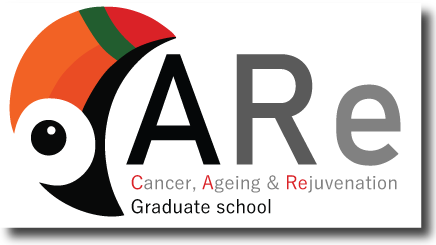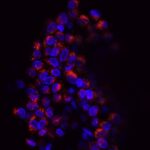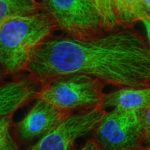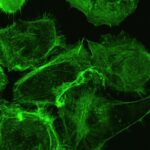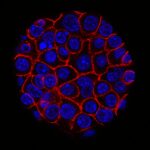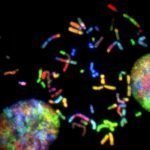PhD proposal
PhD supervisor : Agnès Coste -RESTORE Institute- Team 2, Toulouse, France
PhD co-supervisor: Subhankar Mukhopadhyay & D.Phil – MRC: Centre for Transplantation – King’s College London, England
Ageing and age-associated co-morbidities are major risk factors for non-healing chronic wounds. Chronic wound represent a debilitating condition that disproportionately affects millions of elderly patients with enormous societal and economic cost.
Macrophages play a critical role in the resolution of inflammation, tissue repair and wound healing. Ageing is associated with a sustained state of non-resolving inflammation (inflammaging) driven by chronically activated macrophages. Thus, defective regulation of macrophage activation is thought to be the key driver of age-associated chronic wounds. Mesenchymal stromal cells (MSCs) can regulate macrophage activation, dampens inflammation and improves wound healing.
This project will investigate whether MSC-educated regulatory macrophages can promote wound healing by limiting inflammaging. A novel cell therapy product will be developed by embedding MSCs and macrophages within a 3D biocompatible scaffold, and its efficacy in wound healing will be assessed.
The specific aims of this project are:
- To assess the effects of different biomaterials on MSC and macrophage-mediated immunomodulation and promotion of wound healing.
- To assess the molecular mechanisms of MSCs-macrophages interactions within the 3D-biomaterial scaffold.
- To determine the in vivo efficacy of this new cell therapy as a treatment of chronic wound healing.
The project will allow to develop intelligent wound plasters that will constitute a major breakthrough in the topical treatment for age-associated chronic wounds. This interdisciplinary project will take place between RESTORE and CIRIMAT institutes (Toulouse) and the Department of Immunobiology, King’s College, London.
Key words: inflammation, wound healing, ageing, scaffolds
